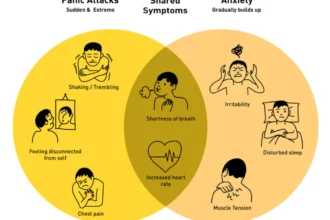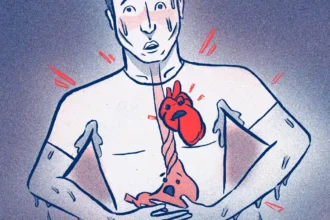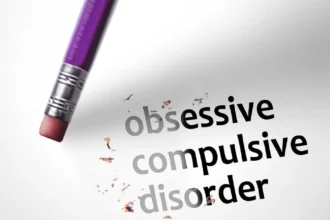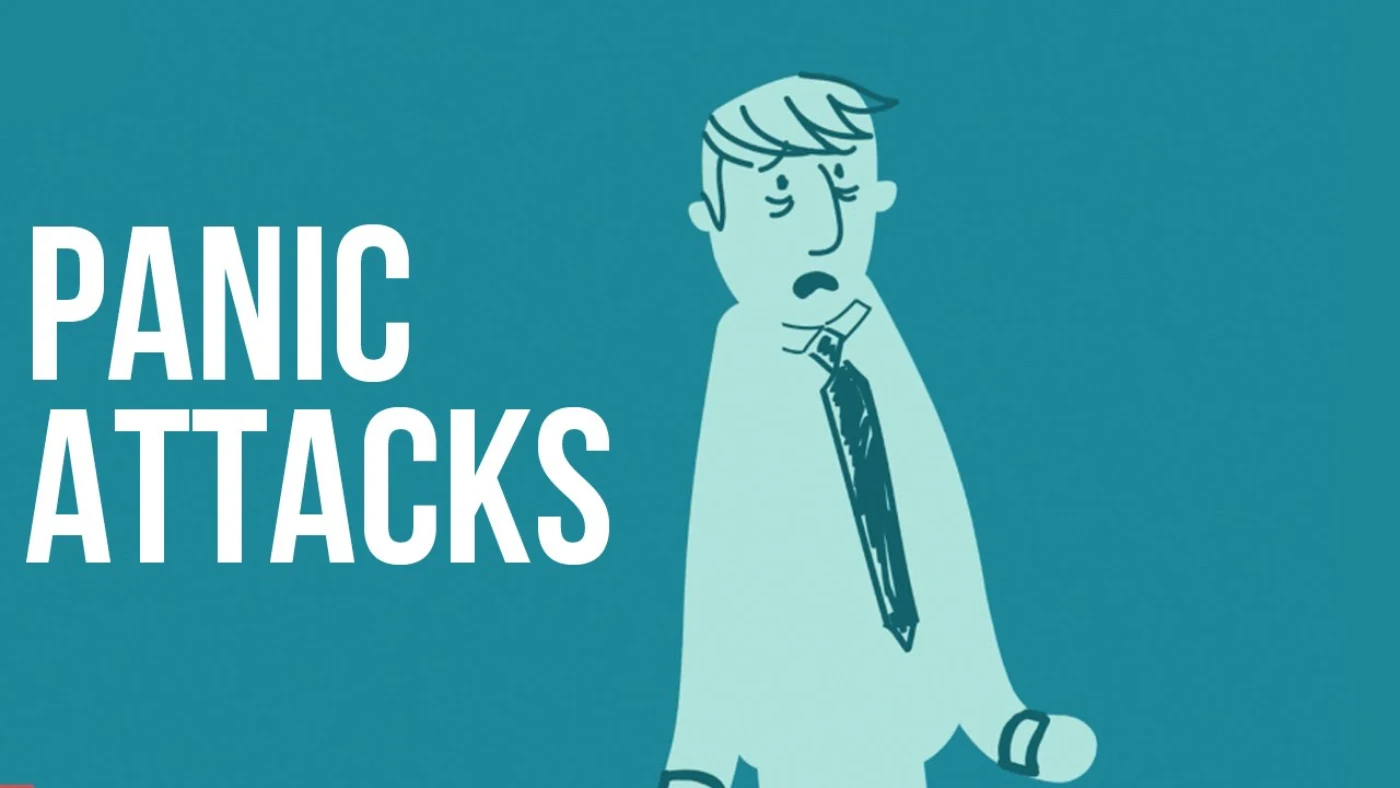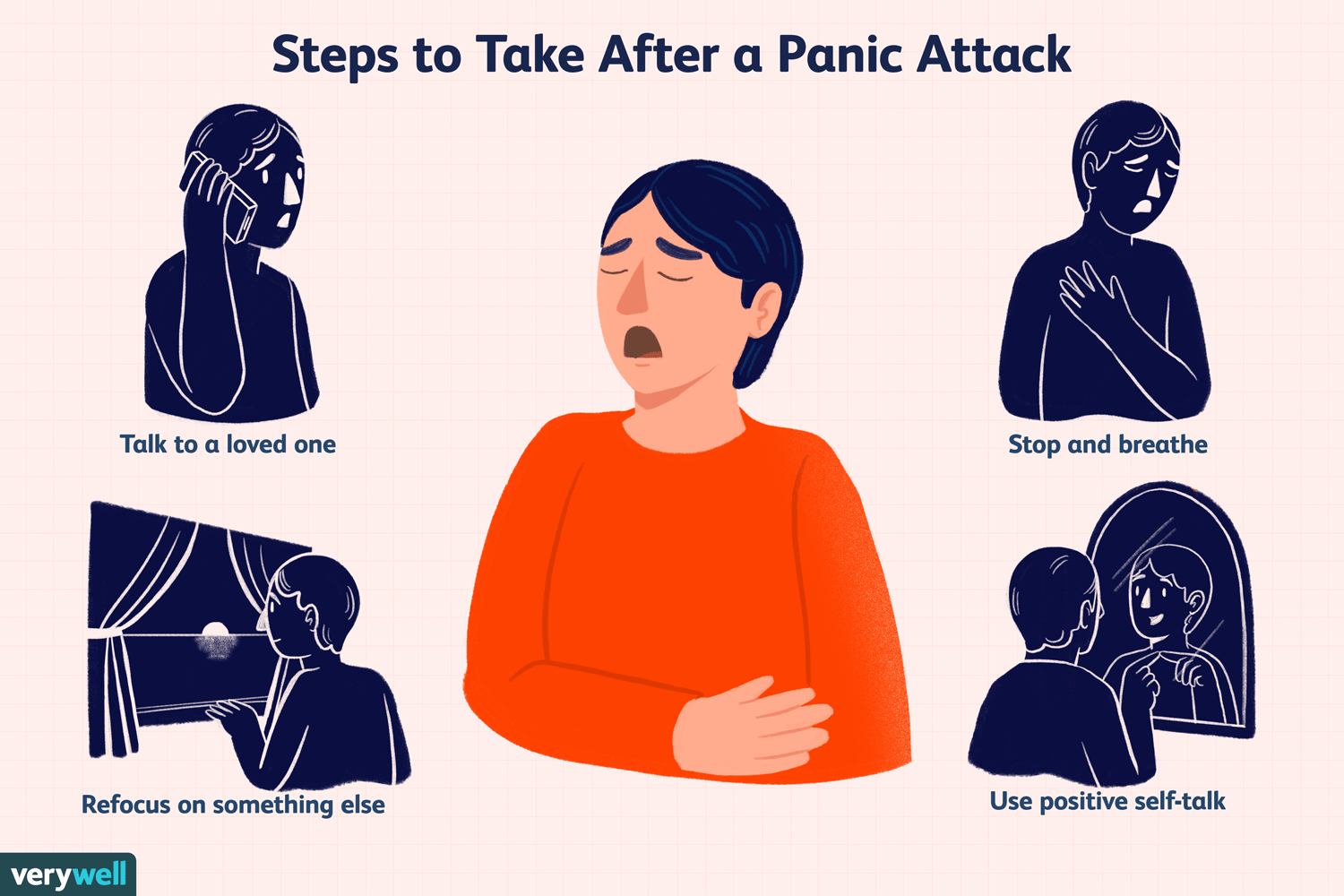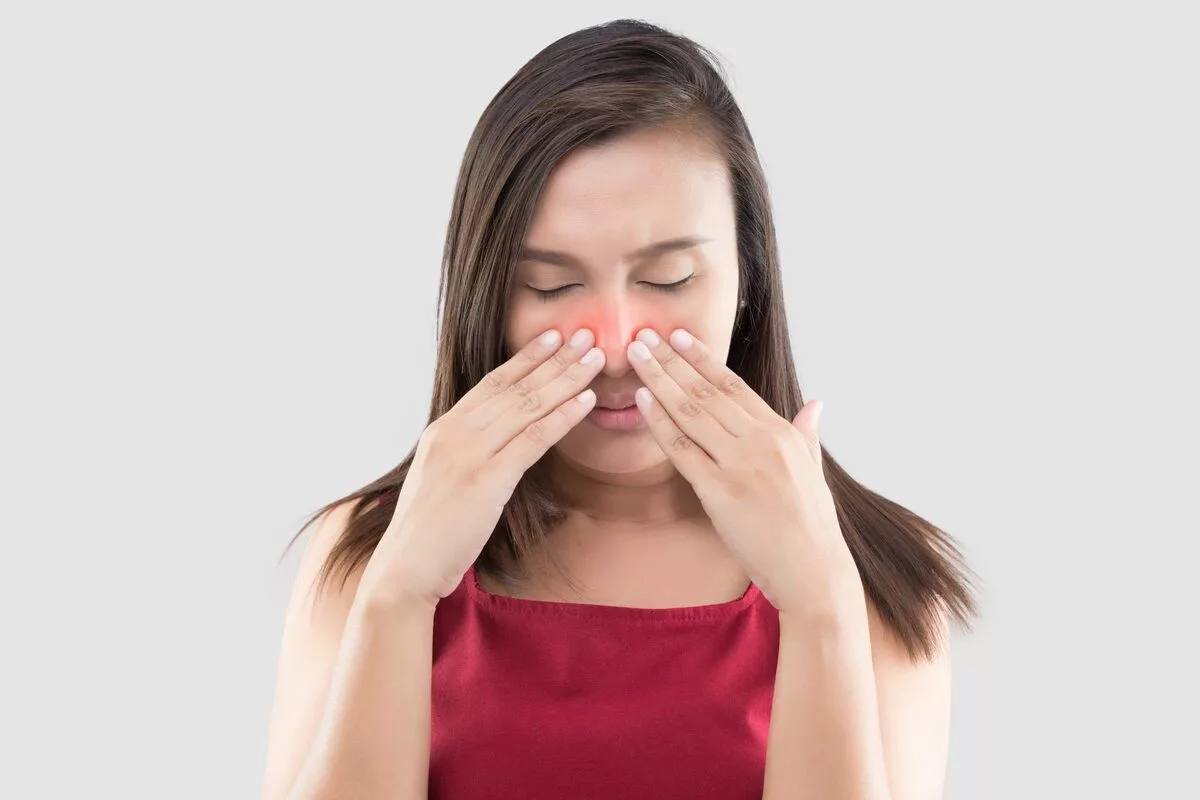The human experience is fraught with unsteady moments that cause anxiety and induce stress. Whether stress comes from work, school, relationships, or just a general sense of unrest, it is essential to learn how to handle it. In this blog post, we will examine tips and practical strategies to help deal with anxiety and stress, so you can live a healthier, happier life.
Anxiety attack symptoms
Anxiety attacks, also known as panic attacks, can be very distressing and overwhelming experiences. Some common symptoms of an anxiety attack include:
- Rapid heartbeat or palpitations
- Sweating or chills
- Shortness of breath or a feeling of suffocation
- Chest pain or discomfort
- Nausea or abdominal distress
- Dizziness or lightheadedness
- Feeling of impending doom or danger
- Tingling or numbness in the hands or feet
- Trembling or shaking
- Feeling of being detached from reality
These symptoms can vary in intensity and duration, and may be accompanied by feelings of fear, terror, or panic. It’s important to seek professional help if you experience anxiety attacks or have a history of anxiety disorders. A mental health professional can help you manage your symptoms and develop coping strategies to reduce the impact of anxiety on your life.
How to deal with anxiety attacks
Dealing with anxiety attacks can be challenging, but there are several strategies that can help you manage your symptoms and reduce the impact of anxiety on your life. Here are some tips:
- Practice deep breathing: Focus on taking slow, deep breaths to help calm your body and reduce the intensity of your symptoms.
- Identify and challenge negative thoughts: Anxiety attacks can often be triggered by negative thoughts or beliefs. Try to identify these thoughts and challenge them by asking yourself if they are rational or based on facts.
- Use grounding techniques: Grounding techniques, such as focusing on your surroundings or using sensory stimulation, can help you stay present and reduce the intensity of your symptoms.
- Engage in relaxing activities: Engage in activities that help you relax and reduce stress, such as taking a warm bath, reading a book, or practicing yoga.
- Seek professional help: If you experience frequent anxiety attacks or have a history of anxiety disorders, it’s important to seek professional help. A mental health professional can help you develop coping strategies and provide support for managing your symptoms.
Remember, it’s important to be patient and kind to yourself as you work to manage your anxiety. With time and practice, you can learn to manage your symptoms and reduce the impact of anxiety on your life.
Anxiety attack treatment
The treatment for anxiety attacks (also known as panic attacks) typically involves a combination of medication and therapy. Here are some common treatments for anxiety attacks:
- Medication: Doctors may prescribe anti-anxiety medications or antidepressants to help manage symptoms of anxiety attacks. These medications can help reduce the intensity and frequency of anxiety attacks.
- Cognitive-behavioral therapy (CBT): CBT is a type of therapy that focuses on identifying and changing negative thought patterns and behaviors that contribute to anxiety attacks. CBT can help you learn coping strategies and develop skills to manage your symptoms.
- Exposure therapy: Exposure therapy involves gradually exposing you to the things that trigger your anxiety attacks in a safe and controlled environment. This can help desensitize you to these triggers and reduce the intensity of your symptoms.
- Mindfulness-based therapies: Mindfulness-based therapies, such as mindfulness-based stress reduction (MBSR) or acceptance and commitment therapy (ACT), can help you learn to be present in the moment and develop a non-judgmental attitude towards your thoughts and emotions.
- Relaxation techniques: Relaxation techniques, such as deep breathing, progressive muscle relaxation, or meditation, can help you reduce stress and manage your symptoms.
It’s important to work with a mental health professional to determine the best treatment approach for your individual needs. With the right treatment, most people can learn to manage their anxiety attacks and improve their quality of life.

What is stress?
Stress is a natural response to a perceived threat or challenge. It is the body’s way of reacting to a situation that is perceived as demanding or threatening. When we experience stress, our body releases hormones such as adrenaline and cortisol, which trigger the “fight or flight” response. This response prepares our body to either fight the threat or flee from it.
Stress can be caused by a variety of factors:
- including work
- school pressure
- financial difficulties
- relationship problems
- health issues
- major life changes
While some stress can be beneficial and motivate us to take action, too much stress can have negative effects on our physical and mental health.
Symptoms of stress can include physical symptoms such as:
- headaches
- muscle tension
- and fatigue
as well as emotional and behavioral symptoms such as anxiety, irritability, and changes in appetite or sleep patterns.
It’s important to manage stress through healthy coping mechanisms such as exercise, relaxation techniques, time management, and seeking support from loved ones or mental health professionals. If left unmanaged, chronic stress can lead to more serious health problems such as depression, anxiety disorders, and heart disease.
How to deal with stress
Dealing with stress can be challenging, but there are several strategies that can help you manage your symptoms and reduce the impact of stress on your life. Here are some tips:
- Exercise: Regular physical activity can help reduce stress and boost your mood. Aim for at least 30 minutes of moderate exercise most days of the week.
- Relaxation techniques: Techniques such as deep breathing, progressive muscle relaxation, or meditation can help you reduce stress and manage your symptoms.
- Time management: Effective time management can help you prioritize tasks, reduce procrastination, and improve productivity, which can help reduce stress.
- Seek support: Talking to a friend or loved one can help you feel heard and supported. Consider joining a support group or seeking professional help if you need additional support.
- Self-care: Engage in activities that help you relax and reduce stress, such as taking a warm bath, reading a book, or practicing yoga.
- Limit caffeine and alcohol: Caffeine and alcohol can increase feelings of anxiety and stress. Limit your intake or avoid these substances altogether.
- Get enough sleep: Lack of sleep can contribute to stress and anxiety. Aim for seven to nine hours of sleep per night.
Remember, it’s important to be patient and kind to yourself as you work to manage your stress. With time and practice, you can learn to manage your symptoms and reduce the impact of stress on your life. If you find that your stress is interfering with your ability to function or if you’re experiencing symptoms of anxiety or depression, it’s important to seek professional help from a mental health professional.
How to relieve stress
There are many ways to relieve stress, and what works best for one person may not work for another. Here are some techniques that you may find helpful:
- Exercise: Regular physical activity can help release tension and reduce stress. Aim for at least 30 minutes of moderate exercise most days of the week.
- Mindfulness meditation: Mindfulness meditation involves focusing your attention on the present moment without judgment. It can help reduce stress and improve overall well-being.
- Deep breathing: Deep breathing exercises can help you relax and reduce tension. Try inhaling deeply through your nose and exhaling slowly through your mouth.
- Progressive muscle relaxation: This technique involves tensing and relaxing different muscle groups to help reduce tension and promote relaxation.
- Yoga: Yoga combines physical postures, breathing exercises, and meditation to help reduce stress and promote relaxation.
- Spend time in nature: Spending time in nature can help reduce stress and improve mood. Try taking a walk in a park or spending time in a garden.
- Engage in a hobby: Engaging in a hobby or creative activity can help distract you from stress and promote relaxation.
- Practice self-care: Engage in activities that help you relax and reduce stress, such as taking a warm bath, reading a book, or getting a massage.
Remember, it’s important to be patient and kind to yourself as you work to manage your stress. If you find that your stress is interfering with your ability to function or if you’re experiencing symptoms of anxiety or depression, it’s important to seek professional help from a mental health professional.

conclusion
Dealing with anxiety and stress can be challenging, but there are many strategies that can help. From exercise and relaxation techniques to seeking support and practicing self-care, there are many ways to manage your symptoms and reduce the impact of anxiety and stress on your life. With the right strategies and support, you can learn to manage your symptoms and improve your overall well-being. Remember to be patient and kind to yourself as you work to manage your anxiety and stress, and don’t hesitate to seek professional help if you need it.





